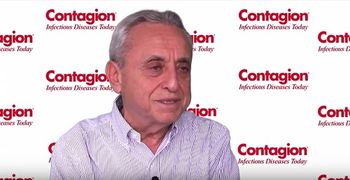
Pedro Cahn, MD, explains the new formulation of raltegravir HD.
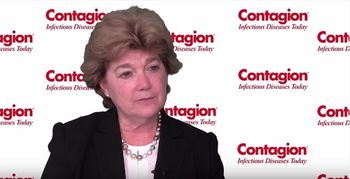
Kathleen Squires, MD, explains how HIV treatment has changed since the 1980s.
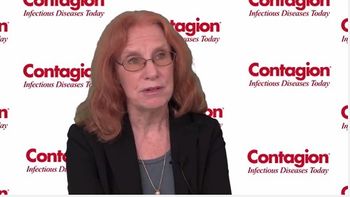
Lynne Mofenson, MD, shares an update on the health burden of mother-to-child transmission (MTCT) of HIV.
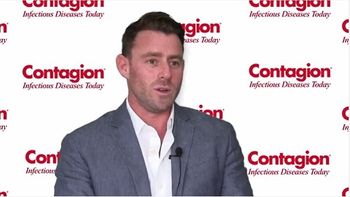
Jake Glaser discusses how generating interest for the response to HIV and AIDS has changed since the 1990s.
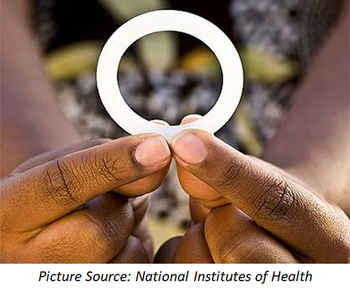
A phase 2a clinical trial has found the dapivirine vaginal ring to be a safe and acceptable means for HIV prevention in adolescents, who showed notably high adherence when using the ring.
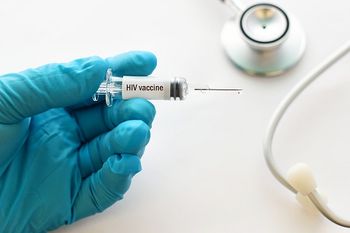
The NIH has released the findings of the first of 2 early-stage clinical trials on assessing the safety and effectiveness of HIV candidate vaccinations that support additional development of vaccines.
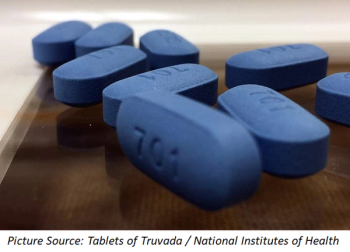
Phase 2 study finds that the use of daily oral Truvada as a means of HIV prevention is safe and acceptable.

Peter Williams, PhD, discusses the LATTE-2 trial for HIV treatment.
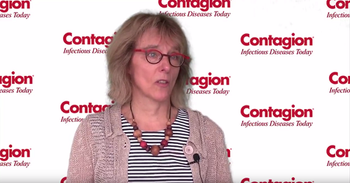
Magda Opsomer, MD, explains why darunavir may be more beneficial than other HIV medications.
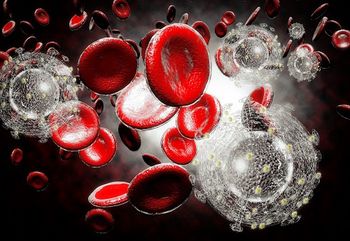
Researchers reported at the 9th IAS Conference on HIV Science that a HIV-infected child who had been treated in infancy has maintained remission without drugs since 2008.
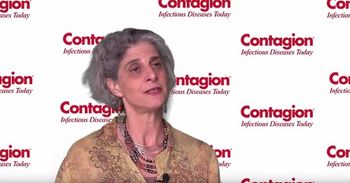
Ariane van der Straten, PhD, MPH, explains the different attributes of administering pre-exposure prophylaxis via a HIV biomedical implant.
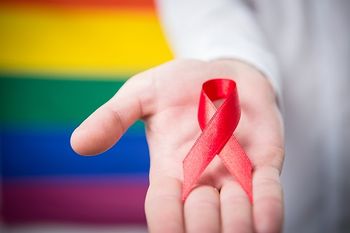
A recent study finds that the majority of HIV-infected transgender women are anxious about taking ART and feminizing hormone therapy simultaneously due to hazardous drug interactions.
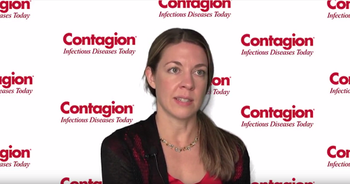
Leah Johnson, PhD, discusses the biomedical HIV prevention implant that is being developed by RTI International.
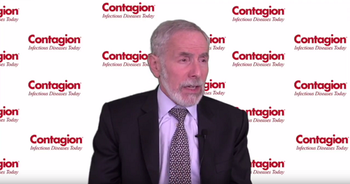
Kenneth Mayer, MD, explains why tenofovir alafenamide may be the future of pre-exposure prophylaxis.

WHO and IAS come together to create the first-ever global research prioritization agendas at the 9th IAS Conference on HIV Science in Paris, France.
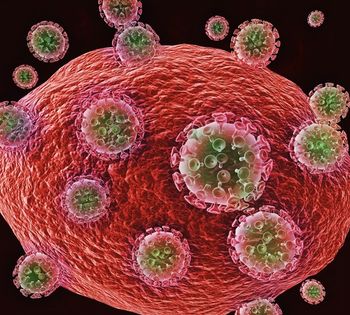
The results of a phase 2 trial for a 2-drug regimen of long-acting cabotegravir and rilpivirine and a 3-drug regimen in patient with HIV showed comparable viral suppression rates at 96 weeks.
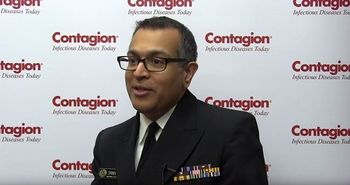
Arjun Srinivasan, MD, stresses the importance of surgical teams speaking up if they have safety concerns regarding procedure in operating rooms.
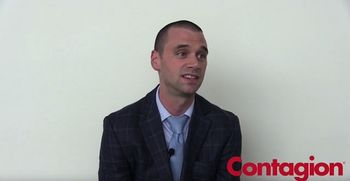
Jason Pogue, PharmD, BCPS-ID, explains his team’s study regarding the susceptibility of Pseudomonas isolates to ceftolozane/tazobactam.
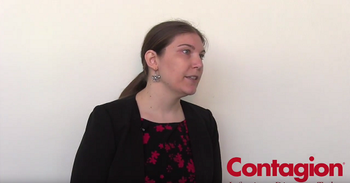
Milena McLaughlin, PharmD, MSc, explains the best way to determine an alternative agent during a drug shortage.
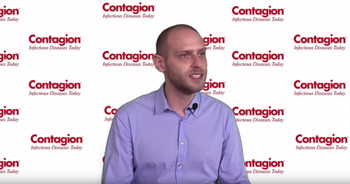
Caetano Sabino, BSc, discusses how antimicrobial photodynamic therapy could be used to complement antimicrobial chemotherapy in order to manage drug-resistant infections.
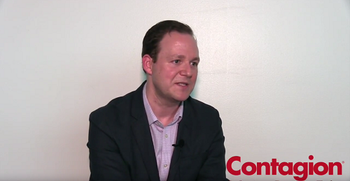
Jason Gallagher, PharmD, BCPS, FCCP, FIDSA, explains how restrictions on commercial automated susceptibility testing can affect patient care.
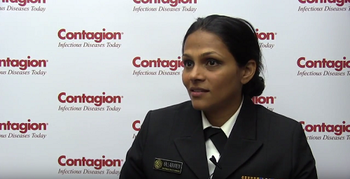
Snigdha Vallabhaneni, MD, MPH, recommends ways for caretakers to protect themselves from acquiring Candida auris.
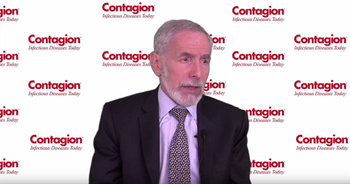
Kenneth Mayer, MD, discusses new therapies that may have a positive impact on pre-exposure prophylaxis adherence and treatment.
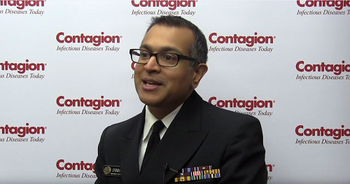
Arjun Srinivasan, MD, shares how to focus your efforts for infectious disease outbreak investigations.
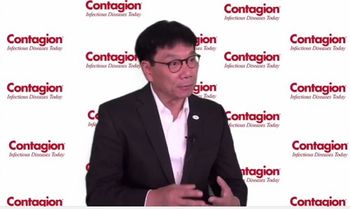
Benjamin Young, MD, PhD, explains the Fast-Track Cities initiative.
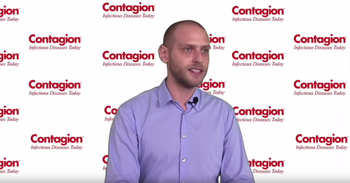
Caetano P. Sabino, BSc, PhD Student, explains if photodynamic therapy a cost-effective treatment option.
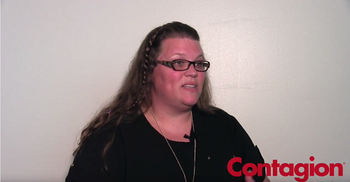
Meghan Jeffres, PharmD, explains the importance of discussing cross-reactivity among beta-lactams.
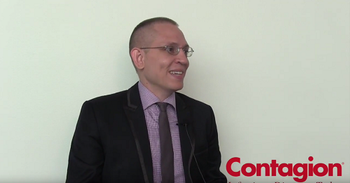
Otto Schwake, PhD, discusses the findings of his team’s study exploring Legionella in car washer fluid.
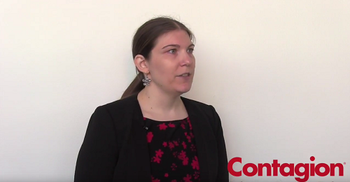
Milena McLaughlin, PharmD, MSc, explains different strategies institutions can take to obtain antimicrobials that are on shortage.
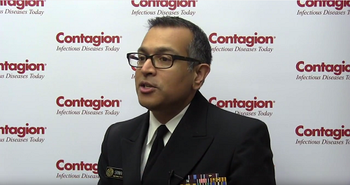
Arjun Srinivasan, MD, stresses the importance of making outbreak investigations a team effort.